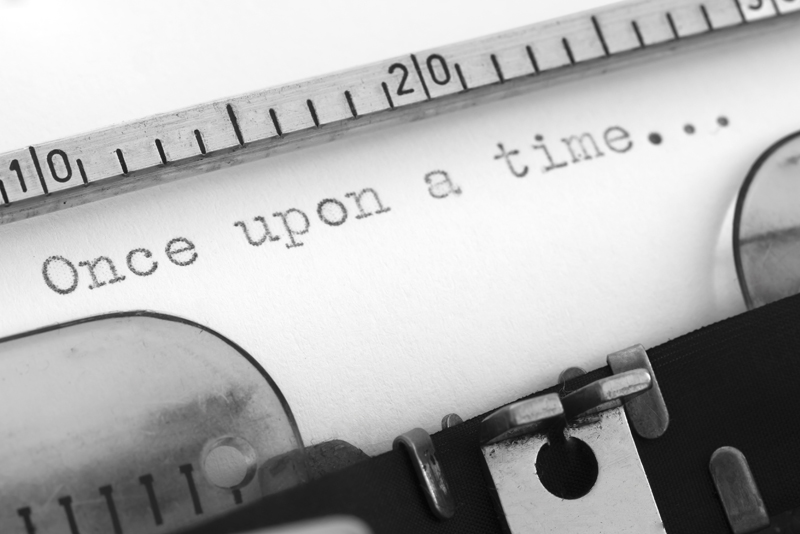When to Use the Cliffhanger Ending

A cliffhanger ending stops the story at the point of maximum suspense without resolving the storyline. You might have your hero fall off a cliff – and you end your story with him hanging there. Will he fall off and sustain a massive injury? Will a new character rescue him? Or will he save himself through an amazing plan? The reader has no way to know until buying the next book.
Many new writers believe that they should write cliffhanger endings to each book in a projected series. They see it as stimulating the readers’ curiosity and providing incentive to buy the next book. But readers may see this technique as extremely manipulative. When we readers buy a book, we are paying for a good, complex, fully resolved story, and we have every right to expect we will get that. The writers who withhold a resolution to whip up sales for the next book may be misunderstanding the difference between a book plot and a series story arc. The book plot is to the series story arc as a battle is to a war.
The book plot is the surface story that is contained in each book. It offers a fully realized conflict that begins, progresses, and resolves. In each individual book, the series characters get something done. Complete a quest. Solve a problem. Triumph over someone else in a competition. The resolution in each book makes the readers satisfied that they got their money’s worth. Meanwhile the series story arc is usually rooted in the main characters’ deepest fears and longings. The main characters' emotional evolution inches forward with each triumph or failure they experience in the separate book plots for each book in the series. This is what makes the readers want to buy the next book in the series – the desire to learn more about the changes happening to the characters on the deeper level. Readers want to know how the fully resolved plot events of the last book will affect how the characters face the new challenge shaping up in the next book.
Should a writer ever use a cliffhanger ending? It can be a powerful technique as well as great fun for the readers when used in the right places, such as at the end of chapters. I love cliffhangers at the end of chapters. They keep the book at a breakneck pace, create suspense, and often make me stay up reading far into the night. When I finally reach the well-resolved book plot ending, I feel satisfied. If I also get a hint of major changes coming for the characters in the series story arc, there is no question that I will buy the next book in the series.
Many new writers believe that they should write cliffhanger endings to each book in a projected series. They see it as stimulating the readers’ curiosity and providing incentive to buy the next book. But readers may see this technique as extremely manipulative. When we readers buy a book, we are paying for a good, complex, fully resolved story, and we have every right to expect we will get that. The writers who withhold a resolution to whip up sales for the next book may be misunderstanding the difference between a book plot and a series story arc. The book plot is to the series story arc as a battle is to a war.
The book plot is the surface story that is contained in each book. It offers a fully realized conflict that begins, progresses, and resolves. In each individual book, the series characters get something done. Complete a quest. Solve a problem. Triumph over someone else in a competition. The resolution in each book makes the readers satisfied that they got their money’s worth. Meanwhile the series story arc is usually rooted in the main characters’ deepest fears and longings. The main characters' emotional evolution inches forward with each triumph or failure they experience in the separate book plots for each book in the series. This is what makes the readers want to buy the next book in the series – the desire to learn more about the changes happening to the characters on the deeper level. Readers want to know how the fully resolved plot events of the last book will affect how the characters face the new challenge shaping up in the next book.
Should a writer ever use a cliffhanger ending? It can be a powerful technique as well as great fun for the readers when used in the right places, such as at the end of chapters. I love cliffhangers at the end of chapters. They keep the book at a breakneck pace, create suspense, and often make me stay up reading far into the night. When I finally reach the well-resolved book plot ending, I feel satisfied. If I also get a hint of major changes coming for the characters in the series story arc, there is no question that I will buy the next book in the series.
You Should Also Read:
Plot

Related Articles
Editor's Picks Articles
Top Ten Articles
Previous Features
Site Map
Follow @Val%5FKovalin
Tweet
Content copyright © 2023 by Val Kovalin. All rights reserved.
This content was written by Val Kovalin. If you wish to use this content in any manner, you need written permission. Contact Val Kovalin for details.


